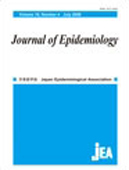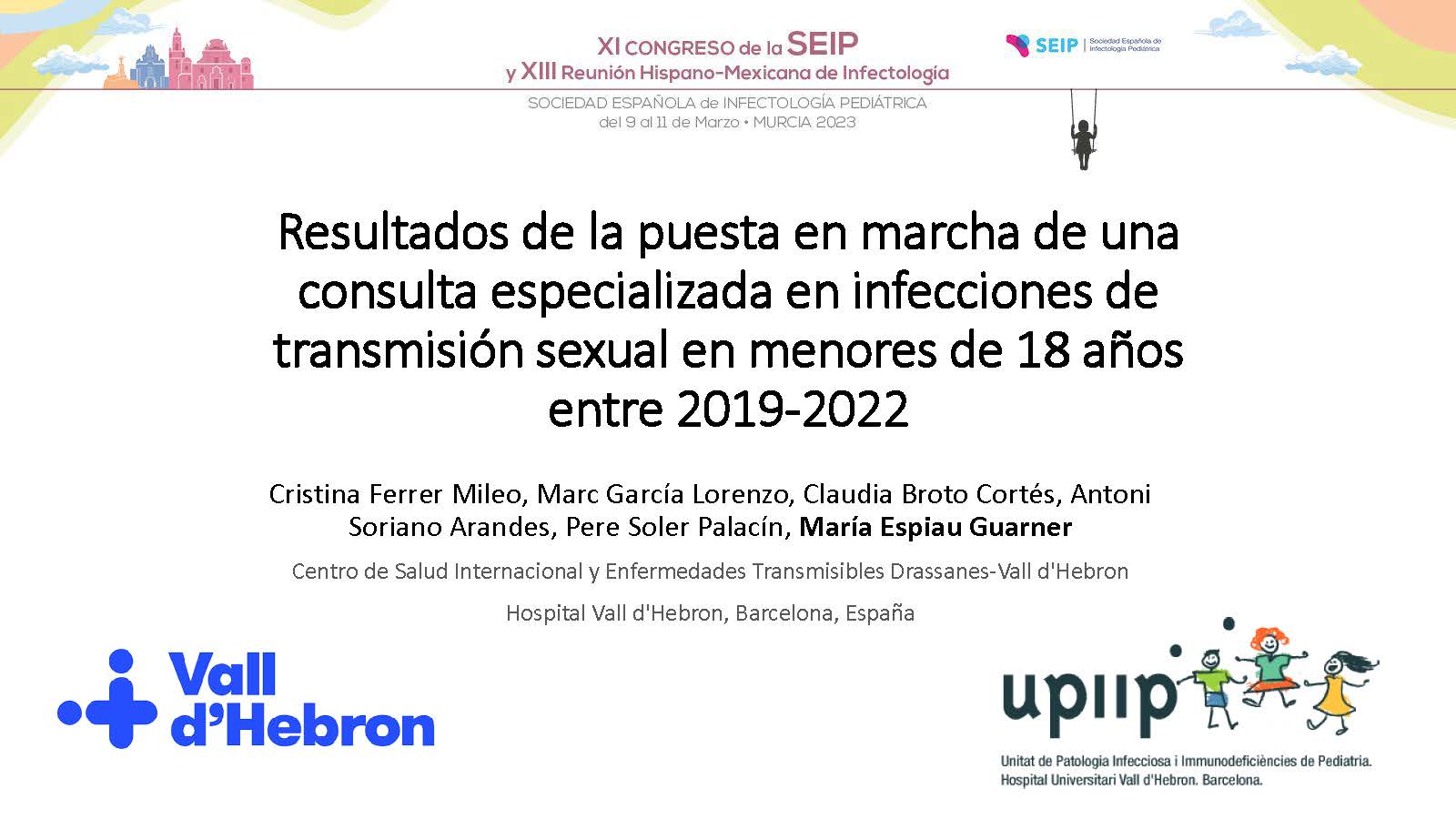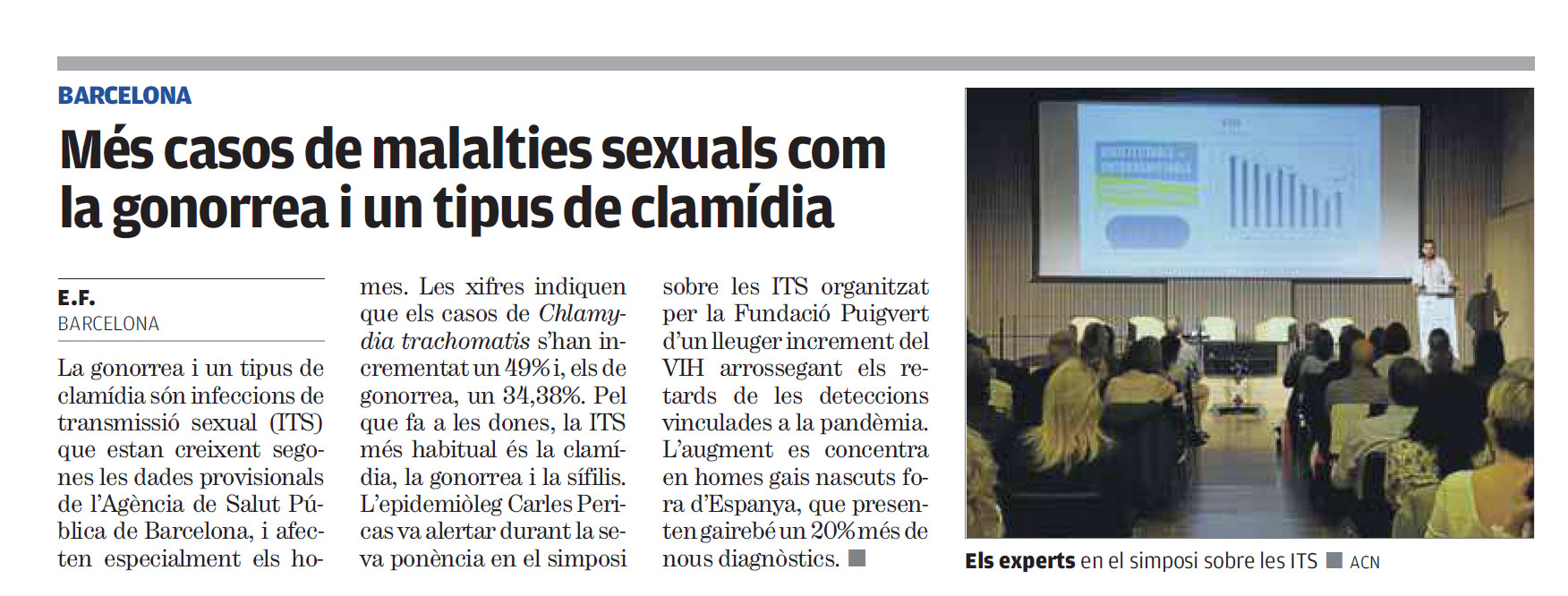Catàleg general SEXUALITAT

Factors associated with tuberculosis as an AIDS-defining disease in an immigration setting
Resum
Background: Immigration can affect the evolution of TB as an AIDS-defining disease (AIDS–TB). Methods: The Barcelona AIDS register for 1994–2005 was analyzed, and the global characteristics of AIDS–TB and AIDS–non-TB cases were compared. The Mantel-Haenszel test was used in the trend analysis, and logistic regression was used in the multivariate analysis. Results: Of the 3600 cases studied, 1130 had both AIDS and TB. A declining trend in AIDS–TB rates was observed in both sexes among both immigrants and native residents. The percentage of AIDS–TB was significantly higher among immigrants (P = 0.02). The number of cases among immigrants remained constant over the period of study, but decreased among native residents. The sociodemographic and immunological characteristics associated with TB were male sex, age younger than 36 years, inner city residence, a record of incarceration, greater than 200 CD4+ T-cells/mm3, injecting drug use, heterosexual sex, and immigration from Latin America, the Caribbean, or sub- Saharan Africa. Conclusions: The incidence of TB as an AIDS-defining disease decreased in Barcelona during a recent 10-year period in both native and immigrant populations. However, immigrants remain a high-risk group for AIDS–TB and should be targeted for surveillance and control of both diseases. (Resumen extraído del artículo)- Tema:
Autoria:
MARTÍN, Vicente; ORCAU, Àngels; GARCÍA DE OLALLA RIZO, Patricia; CAYLÀ BUQUERAS, Joan Artur
Autoria institucional: Barcelona AIDS and Tuberculosis Working Group
Autoria institucional: Barcelona AIDS and Tuberculosis Working Group
Fitxa bibliogràfica
- Any de publicació:
- 2011
- Publicació:
- Tokyo : Japan Epidemiological Association
- En:
- Número:
- Vol. 21, no. 2 (2011), p. 108-113
- Format:
- Article
- Àmbit territorial:
- Catalunya
- Més informació:
-
Continguts relacionats
També et pot interessar
-
Resultados de la puesta en marcha de una consulta especializada en infecciones de transmisión sexual en menores de 18 años entre 2019-2022
-
Més casos de malalties sexuals com la gonorrea i un tipus de clamidia
-
Amor, sexo, matrimonio. Opiniones y prácticas de jóvenes de origen marroquí en la sociedad vasca





